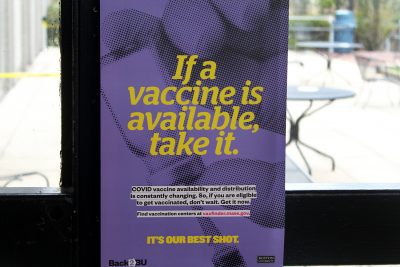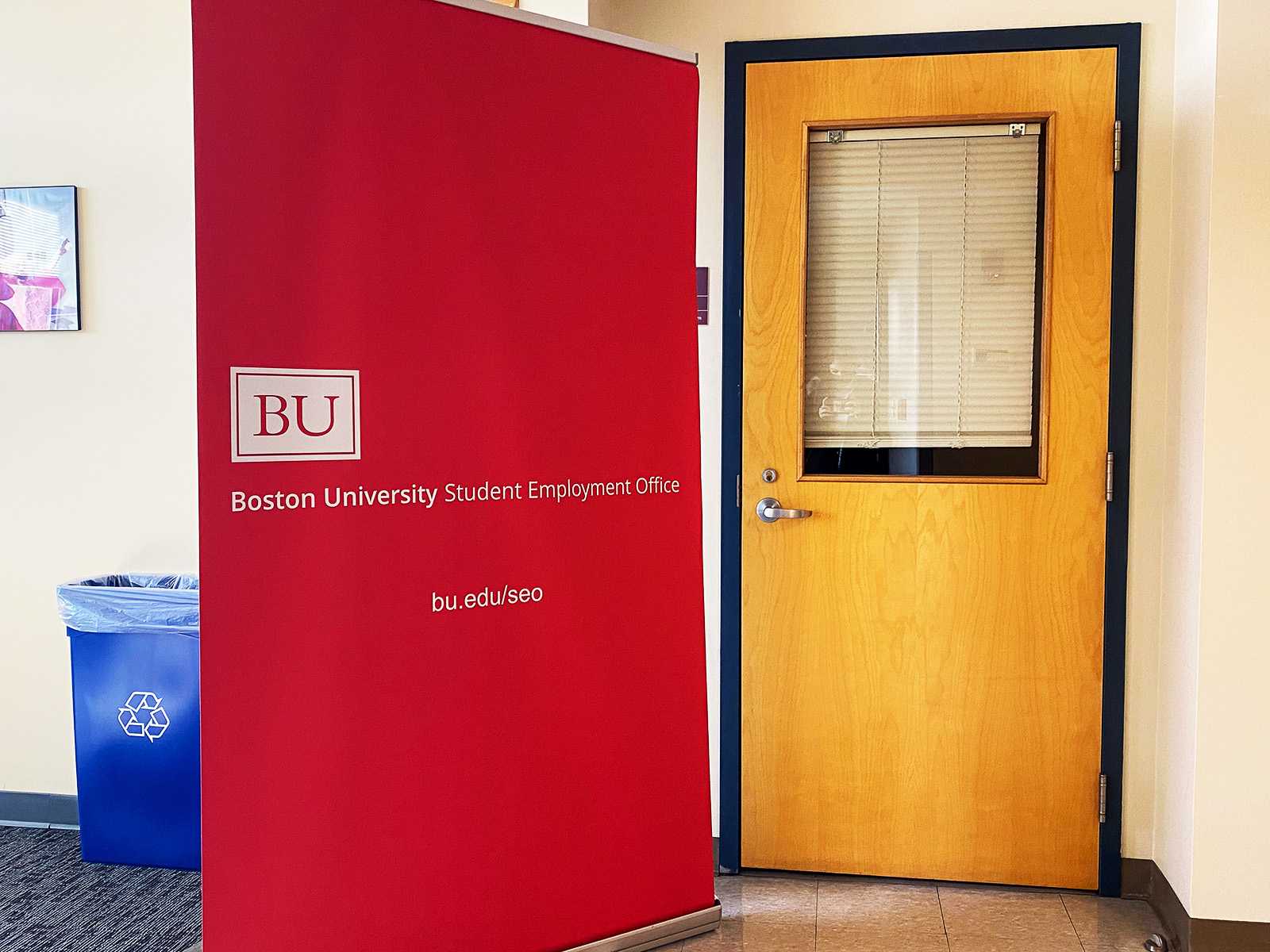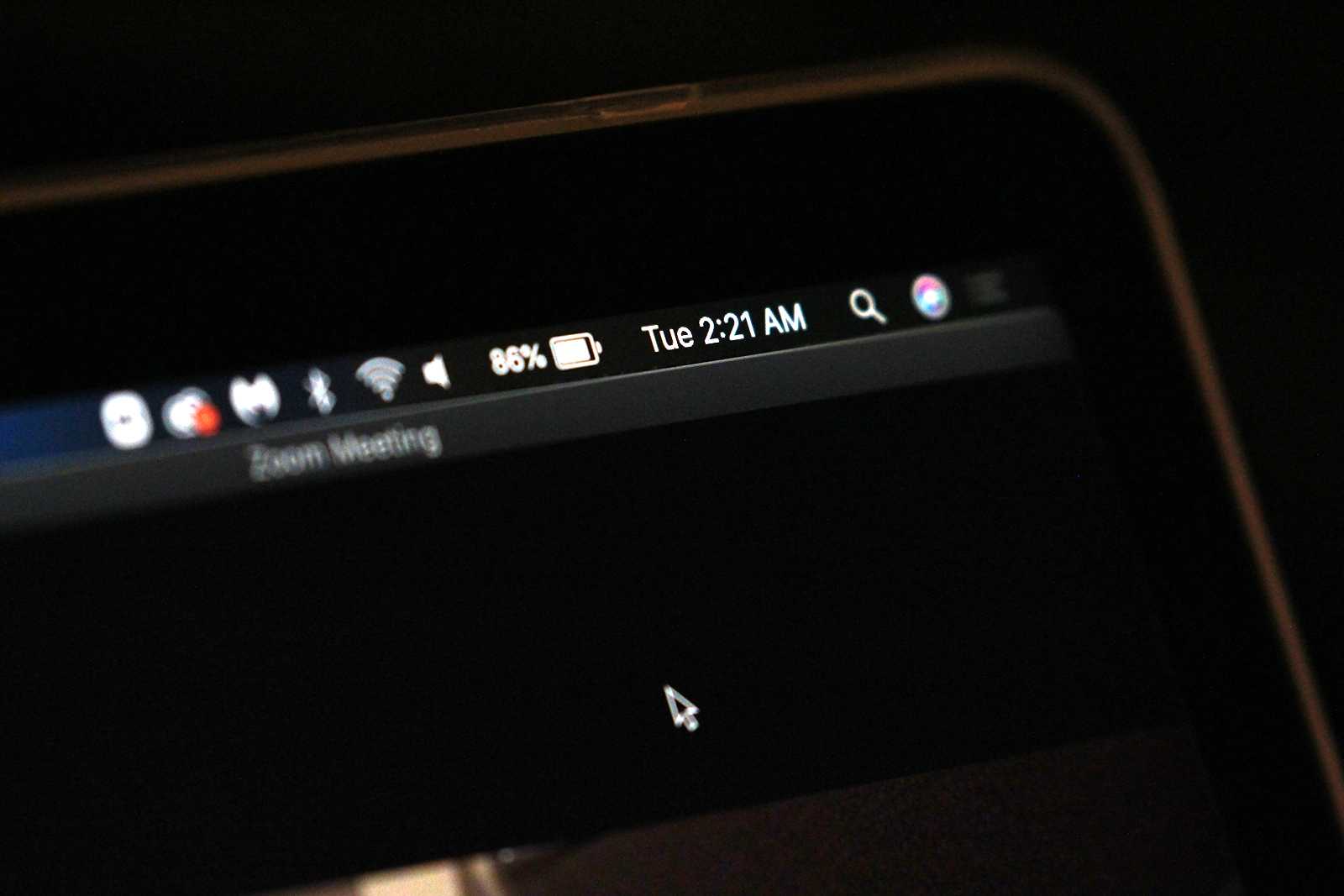
Boston University President Robert Brown announced in an email April 9 all students enrolled for the Fall 2021 semester must receive a COVID-19 vaccination before attending class — which the University is planning to hold in-person. However, for many international students, this mandate has raised a host of questions and concerns.
Brown’s email acknowledged the difficulty this requirement may present for students living abroad and the University is considering its options.
“We understand that many of our international students may be vaccinated with vaccines that have not been approved for use in the United States,” Brown wrote. “We are assessing how to treat these vaccinations and will communicate with you as soon as possible with guidance.”
He noted BU will potentially accept vaccines from different countries that have yet to be approved by U.S. standards, such as those enforced by the Food and Drug Administration or the Centers for Disease Control and Prevention.
“We expect that international vaccines with efficacy similar to US-based vaccines will be accepted to satisfy the intended BU requirement,” Brown wrote, “unless federal or state guidelines mandate otherwise.”
Defne Yuce is a freshman from Turkey in the College of Arts and Sciences. She said she’ll be returning home this summer, where the main groups currently being vaccinated are people 60 years old or older and frontline workers, among others.
“I don’t think I will be in the age bracket that qualifies for the vaccine in Turkey anytime soon,” she said. “I think my only option is coming here and getting the vaccine.”
The vaccines currently available in Turkey are the inactivated vaccine developed by China’s Sinovac Biotech and, as of April 2, the mRNA vaccine developed by Pfizer-BioNTech.
Davidson Hamer, a professor of global health and medicine and member of the University’s Medical Advisory Group, said BU currently has the logistical ability to administer vaccines but lacks the doses themselves.
“We have the systems in place to deliver vaccine right now, but the state has decided to basically not provide vaccine to any universities and colleges,” Hamer said, “which really is quite unfortunate.”
Although doses are currently being administered by the state of Massachusetts for free, he said he expects BU will be able to purchase vaccines “on the general market” by the Fall and administer doses through Student Health Services.
Yuce said she’s glad BU put the mandate in place and has faith in the administration’s handling of the situation, given their track record with COVID-19 policies.
“I’m super happy about it,” she said. “Since they’re giving the international students the option to either accommodate the vaccines from their countries, or the opportunity to get it here, in campus, I don’t see any issues with it.”
Jonas Raedler, an international student from Germany and freshman in CAS, recently received the British-Swedish AstraZeneca vaccine through his job at a local medical school.
“Personally, I was very lucky to receive my vaccine in Germany,” Raedler said. “Otherwise, I wouldn’t have gotten it until late September or so.”
The AstraZeneca vaccine is yet to be approved in the United States, leaving Raedler and others in his situation to question what they will do if the vaccine they already received is not approved by the start of the Fall semester.
“Do I then have to get another vaccine just for the sake of these regulations?” he said. “Is that safe? Is everything compatible there?”
Hamer said in his opinion, receiving more than one vaccine is a practice with many other diseases and should not pose an issue, but further research must be done to form a proper conclusion.
“We need to understand more about the safety of doing that,” Hamer said.
Raedler said he hopes BU can be more lenient for vaccines and “just try to approve as many as possible” without following the FDA’s approved list.
“It just puts a lot of stress on international students,” he said, “if they want to get the vaccine as soon as possible in their home countries, but they cannot because they have to wait until they get to BU. I don’t think that’s a good situation.”
Gauri Bhandarwar, an international student from Indonesia and freshman in the College of Engineering, said the new policy was “a bit unfair” because of the concerns it will cause international students who have already received federally unapproved vaccines.
“I know many of my friends who already took vaccines from back home are now concerned if they’ll have to take another shot,” she said.
Bhandarwar said she received her first dose of the Pfizer-BioNTech vaccine April 9 and will be able to receive her second dose before her return to Indonesia.
Pietro Rossini, a second year master’s candidate from Italy, said if he were to spend the summer in his home country, he would be unable to receive a vaccine in time for the Fall semester.
“My grandmother in Italy, she still didn’t get the vaccine yet,” Rossini said. “The rollout is very slow and it depends from the province where you live in Italy.”
He added the University should be considerate of the needs of international students with this decision and do its best to accommodate them.
“I think BU should reassure international students that there is a place for them at the University,” Rossini said, “even though they are not able to get the vaccine in their countries.”
Jesús Marrero Suárez contributed to the reporting of this article.






























































































































